An RV battery monitor can indicate how much power your batteries produce and consume, so you can ensure they’re always in top condition. This guide will help you find the RV battery monitor for your electrical system.
If you have a camper with a 12v electrical system, then you know how your battery is crucial. It’s what powers all the electronics in your vehicle when you’re not plugged into shore power.
To avoid running out of electricity when living in a van off-grid, you must closely manage the leisure battery bank. So it’s essential to monitor your battery’s health and ensure it’s always in good condition.
Using more battery power than the alternator or solar panels supply will eventually lead to flat RV batteries, no matter how big the battery bank is.
And over-discharging the battery can shorten its life, leading to costly replacements earlier than necessary.
A battery monitoring system is the best way to keep an eye on the system’s health, so you can adapt your use as and when necessary.
But monitoring your van’s battery can be difficult. There are a lot of different factors to consider, and it can be hard to know what to look for and how to interpret the data.
This post will teach you about the challenges of monitoring your campervan battery and what you can and cannot accurately measure, as well as provide tips for choosing a suitable battery monitor.
When you click on links to various merchants on this site and make a purchase, this can result in this site earning a commission. As Amazon Associates, we earn from qualifying purchases. For more info, please check our disclosure page.
At A Glance : The Best RV Battery Monitor Upgrades
 |
1. Victron BMV 712 Smart Battery Monitor | CHECK PRICE ► |
| 2. Renogy 500A Battery Monitor | CHECK PRICE ► | |
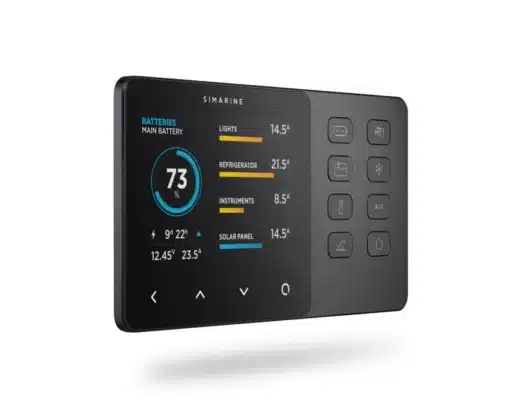 |
3. Simarine Pico One | CHECK PRICE ► |
 |
4. AiLi Battery Monitor | CHECK PRICE ► |
 |
5. Innova 3721 Battery and Charging System Monitor | CHECK PRICE ► |
 |
6. Bayite DC Digital Voltmeter & Ammeter | CHECK PRICE ► |
Why Do We Need A 12v Battery Monitor System?
A battery monitor isn’t an essential component of a campervan electrical system. An off-grid setup works without it.
Suppose you have a small electrical system and don’t rely on it heavily. In that case, you can manage without a fancy battery monitor installed. A simple voltmeter is all you need.
But what if you want to monitor the battery bank and ensure it never runs out of power? In that case, you need an easy way to monitor it. With an active battery monitoring system, there is no need to worry!
A battery monitor can indicate how much power the battery is receiving, how much you’re using, and how full the RV batteries are. The Bayite DC Digital Voltmeter & Ammeter is an ideal budget option and provides all this information.
Some battery monitors do a little less. For example, the Innova 3721 only indicates the battery charge level.
Others go further, like the Victron battery monitor BMV 712 indicating how many amp-hours remain and historical data. And it includes in-built Bluetooth communication for remote monitoring (within around 25ft of the vehicle).
Armed with the monitor’s information, we can be relatively confident the battery health is ok and take action if it indicates a problem.
But before choosing the all-singing, all-dancing monitors, keep reading. It’s not all it seems.
The Challenges With Measuring A Battery’s Charge
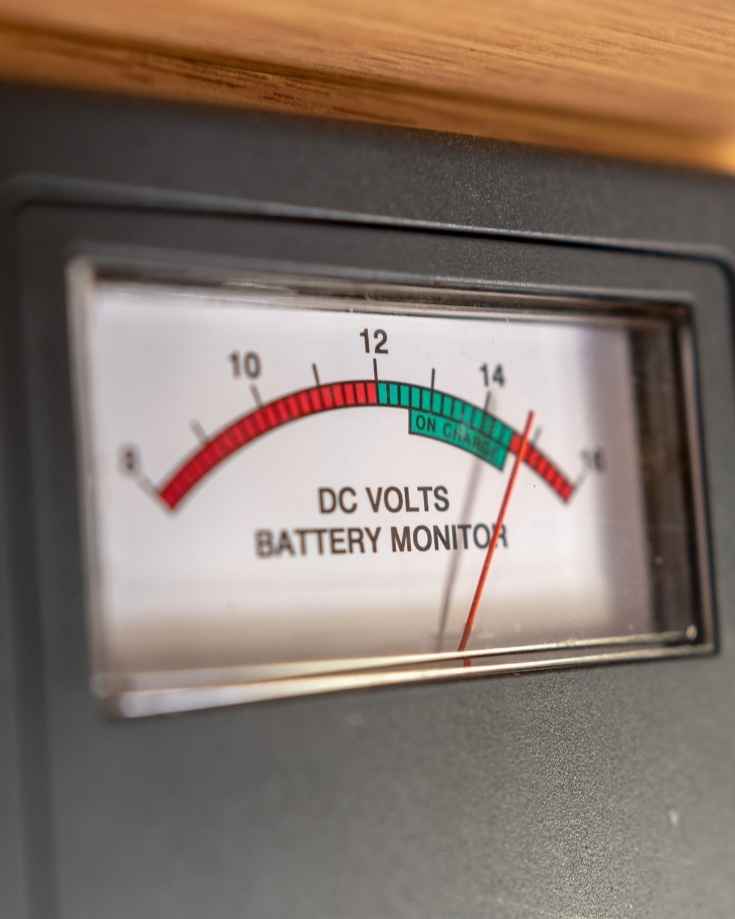
A battery monitor is like a fuel gauge for the electrical system but much less accurate.
A fuel gauge measures how much fuel is in a fixed-size tank and may indicate how many miles you have left in the tank.
A battery monitor measuring voltage to indicate charge level isn’t wholly accurate because a battery’s capacity fluctuates depending on environmental conditions like temperature.
The inaccuracy becomes more significant when the battery is in use.
Some battery monitors measure amps used and amps supplied from charging sources.
Battery efficiency also changes with environmental factors, how it’s used, and how deeply it’s discharged.
So the monitor can’t accurately measure how much of the current supplied is absorbed.
The upshot is that while battery monitors indicate the state of the battery, they cannot be 100% accurate always.

Features
- Built-in Bluetooth connectivity
- Easy setup
- Displays:
- current,
- voltage,
- used amp hours,
- time-to-go
- & more.
The Victron 712 Smart monitor is a popular model across the RV community. It’s especially popular when used with Victron Smart System products installed, as it seamlessly integrates with their setup. Plus, the Victron mobile app is a huge bonus.
Features
- Displays:
- voltage,
- current,
- consumed power, and
- battery capacity
- Large backlit LCD display
- Includes battery shunt holder for easier mounting
A mid-priced battery monitor from a solid and trusted brand simply does what it claims regarding system voltage and current monitoring. In addition, you can program high and low voltage alarms causing the display to flash to draw your attention.
Plus, if you enter coupon code MowgliAdventures, you can get 10% off when you buy from Renogy direct.
3. Simarine Pico One *Wild Card Entry

This bad boy is soooo much more than an RV battery monitor. It’s an all-singing, all-dancing RV monitor and a serious bit of kit.
Suppose you want a system to keep an eye on your water tank levels, refrigerator temperature, ambiance, even your vehicle’s incline, and more. In that case, Simarine Pico One is the top contender.
However, it comes with a hefty price tag, and its battery monitoring capability is on par with the Victron.
Use mowgli5 for 5% discount

Features
- Monitors:
- state of charge (%),
- remaining battery capacity,
- charge and discharge current,
- and voltage
- Best value monitor on the list for the features vs price
If you’re on a tight budget or want a simple and practical monitor, this is the item for you. We have successfully run our van on this setup for the last 4 years.
However, you need to learn about and understand your electrical setup to get the most of this low-cost solution.
The Campervan Electrics Handbook has that completely covered for you!
There are other low-cost battery monitors too:
What Can A Battery Monitor Measure?
What can a battery monitor do to help us keep our batteries healthy with all this inaccuracy?
An accurate measure isn’t necessary unless you have critical life support systems.
Instead, an indication of their health is acceptable and much better than nothing.
A battery monitor can measure some things accurately enough to allow you to interpret the approximate state of the battery’s health.
Measuring & Interpreting Battery Voltage
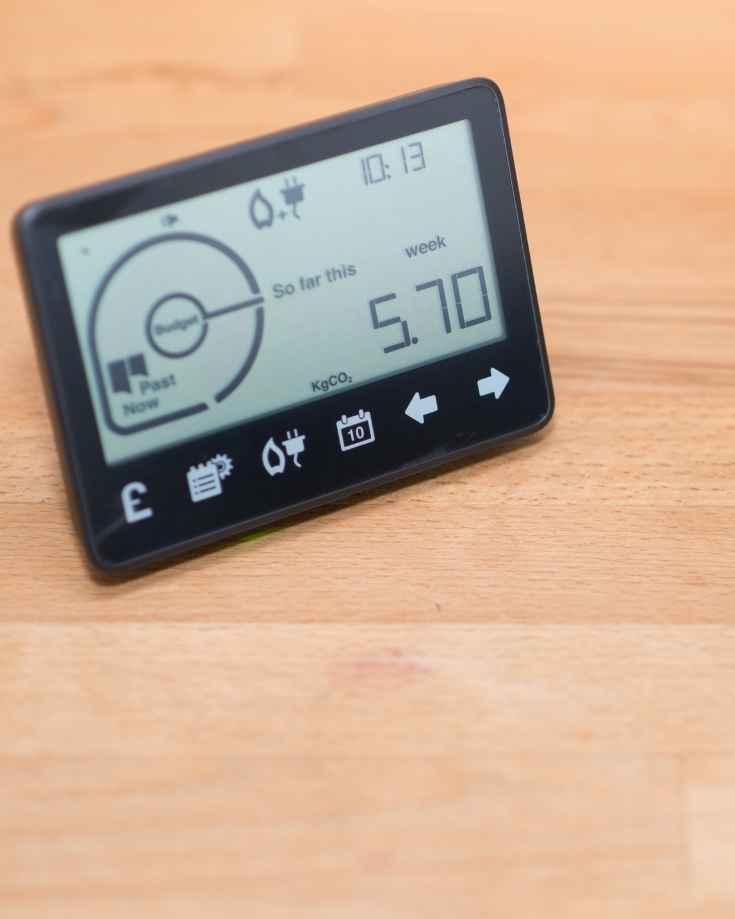
Installing a simple voltmeter like the Bayite is the simplest battery monitoring system. It packs a punch regarding what it can tell you about your batteries.
It’s all we use in our DIY campervan conversion. It serves us well, and we live in it full-time.
The voltmeter measures the difference in voltage between 2 points and displays it as volts on the readout.
In a campervan or RV, those 2 points are the ground point and the battery positive terminal.
You can interpret the reading to indicate four things:
- Estimate of remaining battery
- When the battery is in danger of over-discharging
- The battery is charging
- A potential problem
Estimate Of Remaining Battery
As a battery discharges, its voltage falls. The diagram below provides an estimate of how full a battery is for a given voltage.
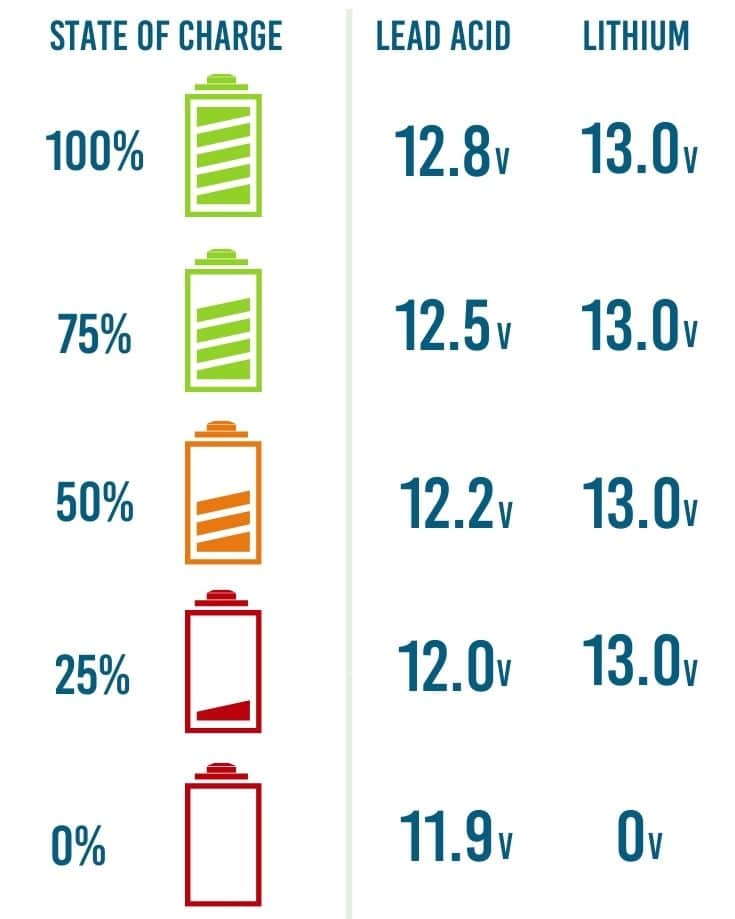
Note this is an estimate only. Different battery types and manufacturers vary slightly, but it’s a good enough reference point.
Lithium batteries also sit at a steady 13v until they’re flat.
With a voltmeter reading of 12.5v on a 200ah AGM battery, it’s about 75% full, so it has an indicative 150ah remaining.
AGM batteries only offer around 80% of their capacity as usable energy, so this reading suggests you have an indicative 120ah of usable energy remaining.
However, the problem with this reading is when you begin using the battery and charging it.
For example, let’s say your solar panels are charging the battery. The voltage reading indicates the charging voltage, not the battery voltage.
So when your batteries are charging from the solar panels, it’s not possible to read anything into the battery’s charge state.
Or you begin charging a laptop. Suppose this is at night to remove any charging current from the example.
The voltage reading drops well past the battery’s actual voltage because of internal resistance and Ohm’s Law.
Take the load off the battery, and the voltage will settle.
For an accurate voltage reading, a battery must sit unused and not be charged for around 3 hours. It’s not a realistic prospect when living in a campervan.
When The Battery Is In Danger Of Being Over-discharged
Over-discharging is especially bad for leisure batteries’ health and shortens their lives drastically if done too often.
Lithium batteries are unaffected by being fully discharged, but lead-acid batteries don’t fare so well.
Check on the battery specification for the manufacturer’s advised discharge level. Then use the voltmeter reading to monitor how close to this level you’re getting.
If getting too close, you can take remedial action to reduce use, protecting the battery.
The Battery Is Charging

When the battery is charging, either from shore power, the engine with a split charge relay, the battery-to-battery charger, or the solar system, the voltmeter displays the charging voltage, usually around 14.1v.
There’s no other reason for the reading to be so high, so you can use it to indicate the batteries are charging.
A Potential Problem
The voltmeter can indicate a potential problem with the electrical system.
For example, you might expect the batteries to be charging with the engine running or the sun shining. The reading should be around 14.1v.
If not, it’s a good indication you have a problem somewhere, either with the voltmeter itself or with the charging method.
Equally, if the voltage reading is extremely low, the battery may be losing a lot of current.
Perhaps your load is too high, or there’s a faulty appliance. Either way, it’s time to troubleshoot before killing the RV’s battery bank.
Measuring & Interpreting Current Readings
Installing ammeters is another method to monitor aspects of the electrical system.
Reading current use in real-time is useful for battery monitoring and early warning of problems.
The only way to measure current with any accuracy is to pass it through a sensor.
Ohm’s Law states Amps = Voltage ÷ Resistance
An ammeter consists of a shunt and a sensor.
The shunt is installed on the negative wire, introducing a known resistance, which leads to a tiny voltage drop.
The sensor measures the voltage drop between one side of the shunt and the other, using Ohm’s Law to work out the current.
Though the shunt increases the current drawn, it’s by such a small amount that it shouldn’t affect the fuses needed. It’s worth checking, though.
There are a few places within an RV electrical system ammeters could play a part:
- To measure the total (net) amp use, considering the charge coming from solar or the engine and any load on the system.
- To measure current drawn by individual or combinations of components.
- To measure current provided from charging sources. Note, though, that the current supplied isn’t the same as the current absorbed by the battery. A good MPPT solar charge controller will indicate the current the solar panels produce.
Hall effect sensors are a less accurate but less intrusive way to measure amps. They work by measuring the magnetic field around the wire.
We don’t recommend them because they’re so inaccurate and vary widely depending on environmental factors like wire thickness.
What To Look For When Buying An RV Battery Monitor
Choosing the best RV battery monitor system for you is as much about satisfying your sense of curiosity as anything.
Remember, whatever information the monitor provides is only indicative.
For the most accurate reading, especially on battery voltage, use the battery manufacturer’s recommended monitoring system.
Here’s a list of things to look out for when buying a battery monitor for your electrical system:
- The prices of battery monitoring systems vary a LOT. Cheap and cheerful voltmeters can cost less than $10, while some high-end monitors can cost hundreds. How much you’re willing to pay to monitor your battery bank is up to you.
- Mounting styles differ too. Many monitors fit flush for a more aesthetically pleasing finish, but others protrude. It might be necessary for you, depending on where you install it.
- The current draw of RV battery monitors varies a little. If you live in your camper full-time, the draw is so small it’s hardly worth considering. But if you want to watch your batteries while the camper is in storage, the monitor will continue to draw current. That will deplete the battery over time. If you prepare your RV for winter storage, you may want to switch the entire electrical system off to avoid this.
- Accessories & fittings | Check if all the fittings necessary are included with the monitor of your choice.
- Ease of installation is important, too, as is access to installation instructions unique to the device.
Battery Monitor Wiring Diagram
The diagram below is an example of how to wire a battery monitor. If there are different installation instructions for your device, always follow them.
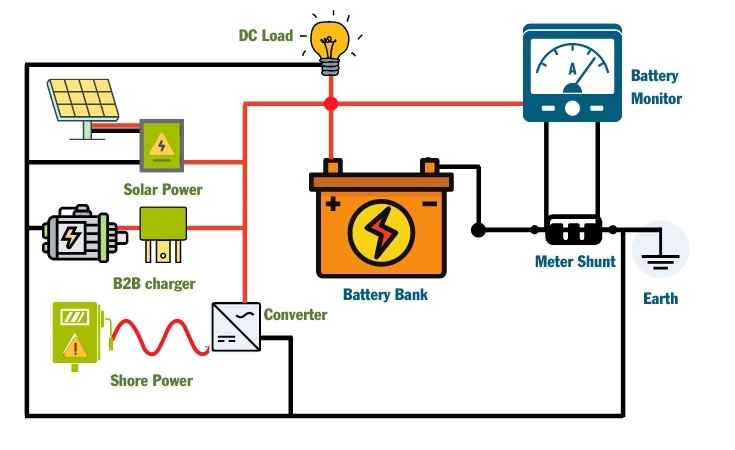
How To Read An RV Battery Monitor Panel
High-end battery monitors provide user-friendly displays. The Victron BMV 712’s mobile app doesn’t get much more straightforward.
For monitors without an app, reading the panel is usually a simple matter of pressing a button and rotating through the display.
Read the user manual in detail for the specifics of your monitor.
For simple voltmeters, refer to the diagram above for your battery’s indicative charging state based on the voltage reading.
In Conclusion
Whatever RV battery monitor you install, you’ll quickly get used to what normal, healthy readings look like for your setup once living in the camper.
The measurements may not be completely accurate, but they’re good enough to provide an
early warning sign if things aren’t working correctly and allow you to adapt usage if running low on power.
Your RV batteries are integral to a successful boondocking experience, so any help to extend their life is only a good thing.
Please share your experience with RV battery monitors in your campers! Did you find one that works well for you? Let us know in the comments.
Graham Bogie

Graham is a seasoned marine electrical engineer with two decades of experience designing customized electrical systems for plant machinery and converting campers and overland vehicles. His expertise has led him to author the reputable Campervan Electrics Handbook and become the chief designer of the RV Wiring Design Tool. As a knowledgeable figure in the field, his YouTube channel, blog, Facebook group, and newsletter, offering electrical advice and product reviews, reach more than a million users each year.

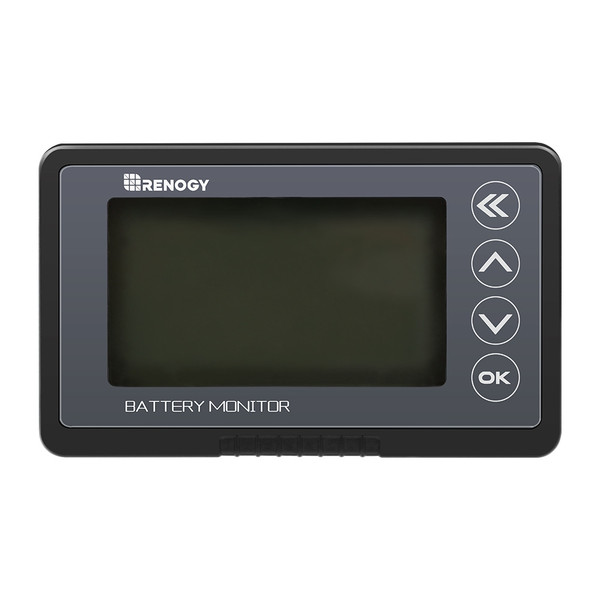
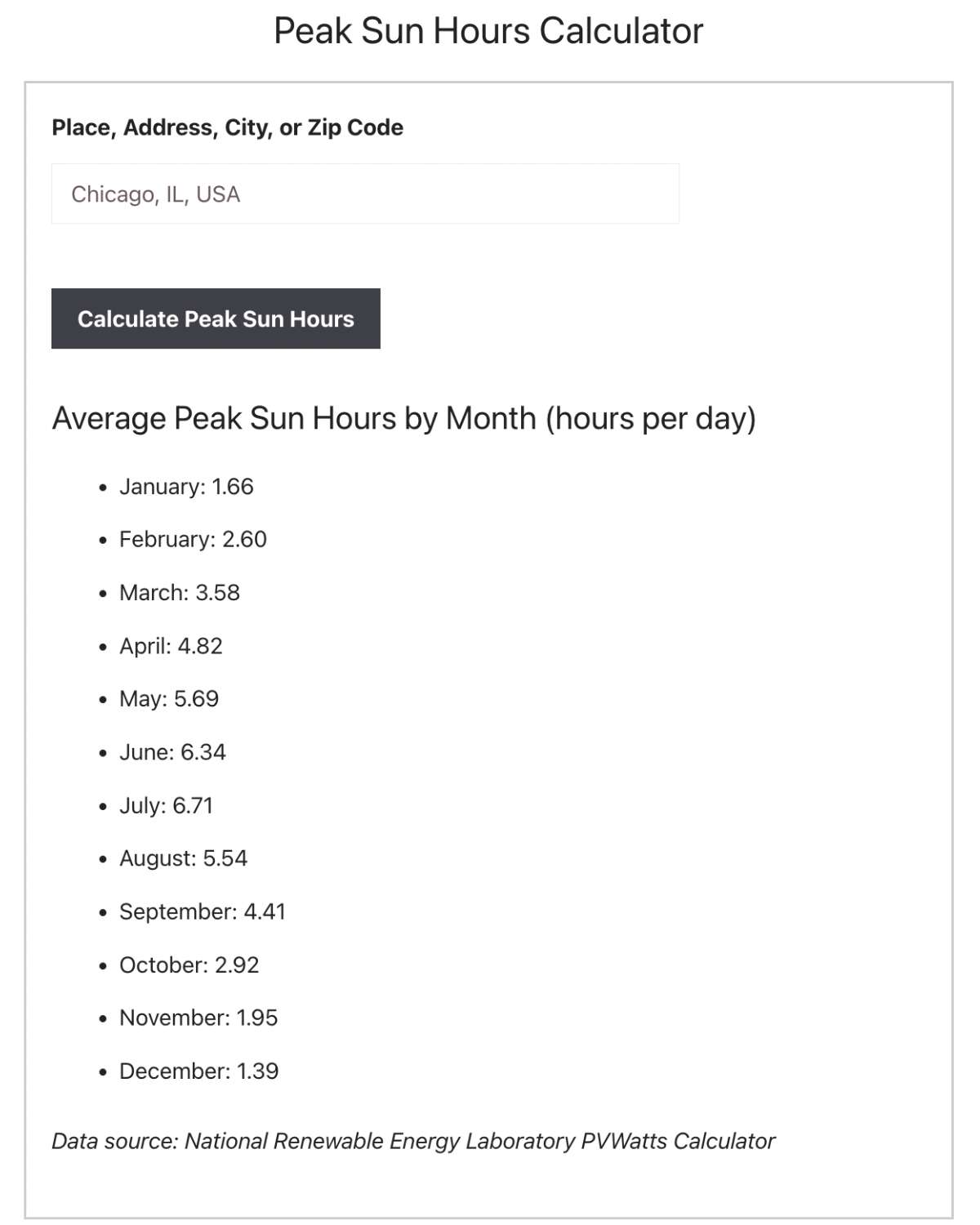
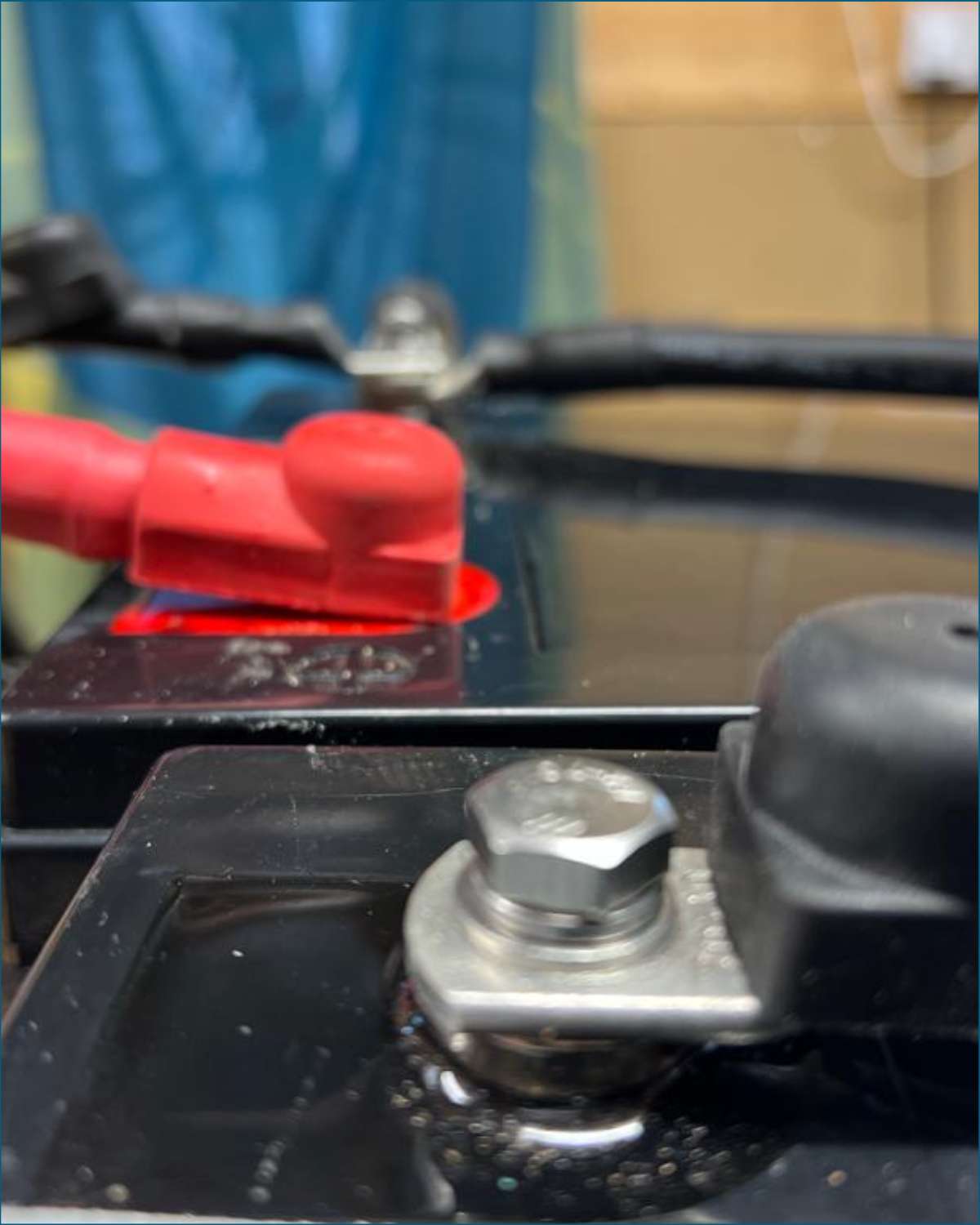

I have a monitor for the engine battery and it only works within 10ft of the campervan.are there any what connect greater distances?my storage is 10 mile away and up until now I have to be next to my van for the Bluetooth to work.thanks.
Hi Gary, The Bluetooth enabled battery monitors only work within the range of the Bluetooth. For truly remote monitoring, you’d need a full BMS system. Victron do a range of products for this exact purpose but it’s more specialised than simply monitoring – we’ll get round to writing a post on it one day!
Hope this helps.
Graham